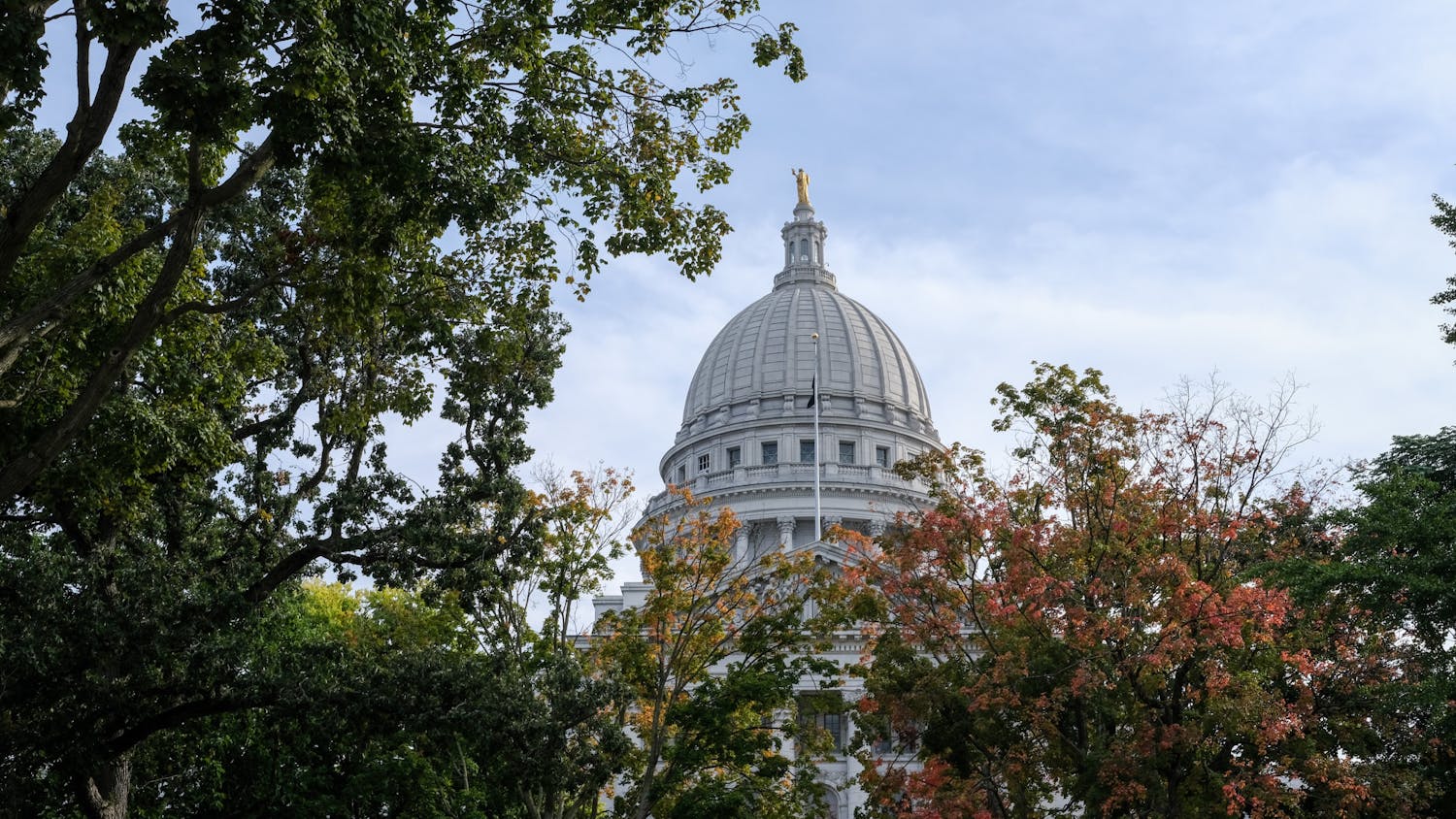It's never easy for anyone to openly discuss sexual violence, especially someone who knows the reality of such injustice all too well. Below is a column written by a dedicated PAVE volunteer who has decided to remain anonymous for the sake of friends mentioned in the piece. As PAVE's media advocate, I am proud that our volunteers are speaking out, even if they do not attach their names to their opinions.
—Jacqueline O'Reilly
media advocate
PAVE
While rape is often discussed as something that only happens on college campuses, I know three people who were raped as teenagers. One was frequently pressured for sex by three consecutive boyfriends, especially on her prom night. Another was forced into an uncomfortable sexual experience without her consent. The last one's boyfriend molested her in the backseat while chatting with her mom, who was driving them home. And these are only the stories I happen to know. These things happen, and they happen far too often.
They're dark, well-kept secrets guarded just as carefully by victims as by perpetrators. The hallway gossip of high schools is merciless. Furthermore, they're simply uncomfortable subjects for many people to talk about. It's not surprising, then, that no one is actually talking about it.
In the book ""Transforming a Rape Culture,"" a collection of sex and violence writings edited by Emilie Buchwald, Pamela Fletcher and Martha Roth, one teenage girl described her post-rape experience as ""fighting an invincible, invisible enemy all alone."" This silence makes the issue seem like a freak occurrence, isolated and rare. Because of this, some victims feel guilty and alone, often blaming themselves and believing they're the only ones such a thing could happen to.
But according to most statics, these victims are not even remotely alone. Nationally, 9 percent of high school students report being forced to have sex. Nearly half of adult sex offenders reported committing their first sexual offenses prior to the age of 18. Sexual assault is widely accepted to be a vastly under-reported crime. It is estimated that only one in 10 rapes will be reported to the police.
According to Wisconsin Coalition Against Sexual Assault (WCASA), in Wisconsin the average age of an offender is 24, while the average age of a victim age is 15. Around 85 percent of victims were female, 93 percent of offenders were male. Additionally, 89 percent of all sexual assaults were perpetrated by someone known to the victim, while only 6.4 percent were committed by strangers.
Based on these statistics, it seems natural WCASA reports an estimated 14.2 percent of adult women in Wisconsin have experienced one or more completed, forcible rapes.
So when you walk around the UW-Madison campus, you have to wonder how many of these students were psychologically abused by their families, disrespectful exes or bullying classmates. How many were sexually assaulted and consequently alienated? How many grew up with the idea that women are expected to resist men's advances, and men to overcome this resistance?
Sociologist John Gagnon wrote, ""People learn when they are quite young a few of the things that they are expected to be, and continue slowly to accumulate a belief in who they are and ought to be through the rest of childhood, adolescence, and adulthood. Sexual conduct is learned in the same ways and through the same processes; it is acquired and assembled in human interaction, judged and performed in specific cultural and historical worlds.""
Sexual assault on campus is a terrible problem, but perhaps a deeper part of its cause resides upstream in our schools. Many American kids are being taught in a highly sexualized, sometimes even abusive, environments. Factor in the psychology of adolescence—all those delicate identity-formation or self-esteem issues, the impressionability of young children, constant bullying—and the implications are scary. Our schools are like a training ground for building the mentalities that lead to sexual assault in high school and college. Until these institutions acknowledge that fact and do something to change it, it will be difficult to solve the problems of sexual assault and dating violence.






